|
Adrian Tchaikovsky, Ironclads, Solaris, 2017. Though I'm not a fan of military scifi, I was happy to get Ironclads because, well, Tchaikovsky wrote it. It didn't enthused me as much as Children of Time did but this novella is a delightful post Brexit satire and a cheeky rewriting of Heart of Darkness. Sergeant Ted Regan is an American soldier. He is ordered, with his team of two, to join forces with a British soldier and an American Black woman who specialises in drones. Their mission? While the rest of the US troops are very occupied to pacify Sweden the way they pacified Viet-Nam or Irak, Regan is to find back the missing nephew of a very wealthy family. In this near future world, very wealthy sons love to play war in the comfort of Scions, ultra powerful mechs (I suppose killing humans beats killing elephants) but this one disappeared in the middle of a hostile, socialist (horror!) country. Ironclads is an extremely cheeky novella. It is a rewriting of Heart of Darkness (and Apocalypse Now) and to have Sweden, this bastion of what it is to be a truly modern nation, described through the eyes of an American grunt who's here to pacify the natives and who probably would have voted Trump, will have any European reader chuckling. (Warning: the irony in this novella may not be perceived at all by a certain type of American scifi readers.) The post-colonialism criticism of Heart of Darkness takes here an easy to understand turn to any European reader who finds themselves at the receiving end this time. The first few pages also give a glimpse into the post-Brexit UK of this world (hint: not pretty). It's not heavy handed but everything goes through the grinder: Brexit, American racism, "patriotism" and colonialism, obscene wealth, war, of course, genetics experiments... This near future is rich and detailed, and as dystopian as the next twenty years could become. And it is chillingly believable. Furthermore, because this an American colonialist war, the leap in imagination is easy to make to remember what happened to the countries that had to "benefit" from the Pax Americana during the 20th and early 21st centuries. You may think that because of this, Regan will be an incredibly unsympathetic first person narrator. In a sense he is and the reader can only wonder at this cognitive dissonance where a lowly grunt barely put into question the high and mighty who send them to die while the wealthy play at war in the comfort of their all powerful mechs. On the other hand, the fact that he is so often blinded by his patriotism (for want of another word) is both comical and sad. Tchaikovsky manages the tour de force to make him endearing at some points, because he remains just a lowly grunt sent to die but who tries to do this with a bit of panache and competence. In a sense, the only downside for me was the ending, it felt a bit: "Well, duh." For me, it kind of lacked a final punch, but I cannot fault the story itself and how it unfolded. I enjoyed reading Ironclads a lot, chuckled out loud, and enjoyed its message though it may have felt a bit like kicking down an open door at times. But it may because I'm too much one of those Europeans left wingers! Ironclads also boasts a beautiful limited signed edition (now sitting proudly on my shelves), so that should really seal the deal for you: get it! If you've liked Ironclads, you may also like
0 Comments
Your comment will be posted after it is approved.
Leave a Reply. |
All reviews are spoiler free unless explicitly stated otherwise.
I only review stories I have liked even if my opinion may be nuanced. It doesn't apply for the "Novels published before 1978" series of blog posts. Comments are closed, having neither time nor the inclination to moderate them. |
WHAT IS THE MIDDLE SHELF?
The middle shelf is a science-fiction and fantasy books reviewS blog, bringing you diverse and great stories .
PLEASE SUPPORT AUTHORS.
IF YOU LIKE IT, BUY IT. |
ON THE MIDDLE SHELF
|
KEEP IN TOUCH WITH THE MIDDLE SHELF
|
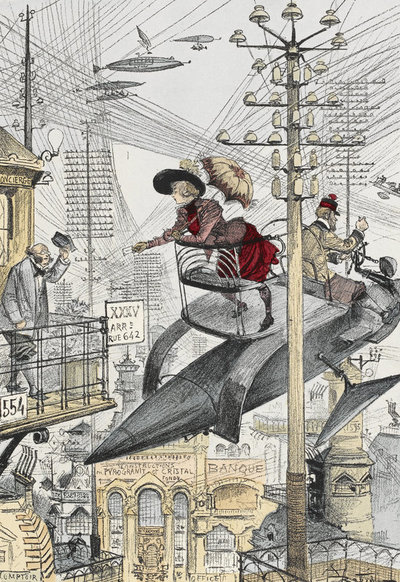
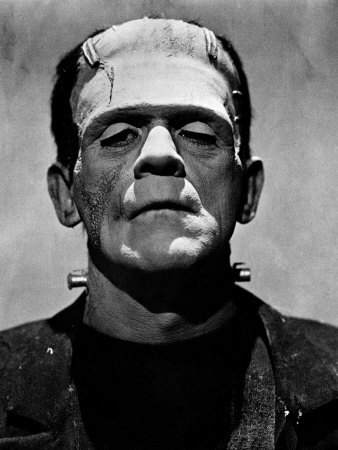

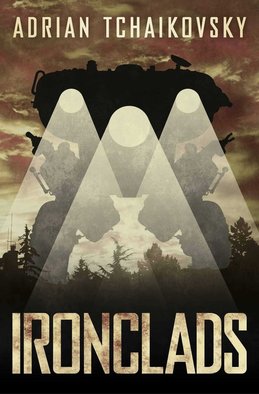
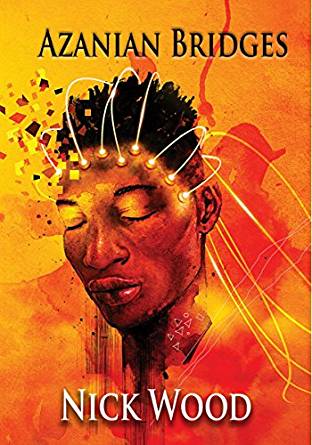
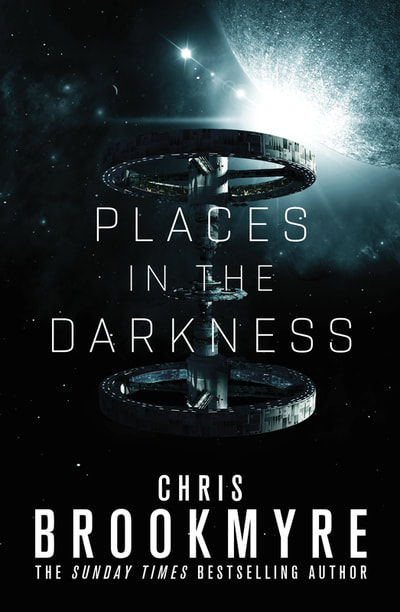
 RSS Feed
RSS Feed
